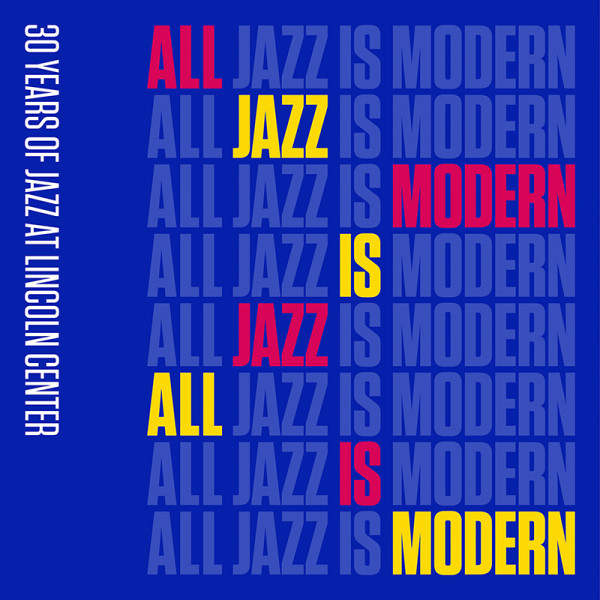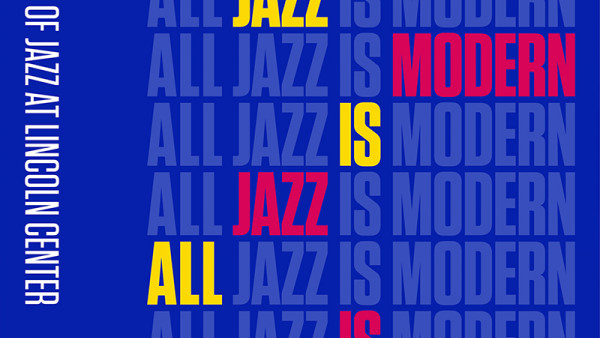Wynton Marsalis and Jazz at Lincoln Center celebrate 30 years of spreading the music
When Wynton Marsalis and the Jazz at Lincoln Center Orchestra swing into Chicago next week, they won’t just be kicking off a three-concert residency in Orchestra Hall.
They’ll also be celebrating two landmark anniversaries: 25 years since the band made its Chicago debut on that same stage (in a far-reaching program celebrating the music of Duke Ellington) and 30 years since Jazz at Lincoln Center began to emerge as an institution.
What started in 1987 as a series of concerts that Marsalis spearheaded at Lincoln Center in New York has evolved into the country’s foremost institution dedicated to championing, performing and educating America about jazz.
If you doubt that, consider the figures: With an annual budget of $51.5 million, Jazz at Lincoln Center last year alone presented over 1,100 performances in its Manhattan home and on the road and produced more than 4,200 jazz education events in New York and 600 elsewhere (including Chicago).
The Jazz at Lincoln Center Orchestra, which carries the institution’s flag around the globe, performs about 100 concerts annually featuring some of the most technically demanding repertoire ever written, much of it composed or arranged by JLCO members. More than half of those performances take place on tour, with Marsalis often referring to Chicago’s Orchestra Hall as the ensemble’s “home away from home,” the band routinely packing the house.
Ultimately, Jazz at Lincoln Center dared to challenge long-accepted notions of how jazz could be presented and nurtured. If symphony orchestras, opera companies, theater institutions and the like could summon major financial support and play leading cultural roles in their communities, why couldn’t jazz? Why did jazz have to subsist primarily in tiny clubs with minimal economic underpinning?
Still, no one could have envisioned what Jazz at Lincoln Center eventually would become.
Marsalis’ attitude was, “I can dream,” he recalls.
“As we started to go, we had a dream, a vision: We could get this, we could get that. We could get into a hall. We could form an orchestra. … Let’s try this, let’s try that. Some things were really successful. Some not.”
The first challenge was creating a core ensemble — originally named the Lincoln Center Jazz Orchestra — to embody the musical values of the fledgling institution and develop the technical abilities to convey them.
“We wanted to form a big band,” remembers Marsalis, “but we hadn’t played that kind of music.”
Meaning the performance practices involved in playing landmark scores by Ellington, Jelly Roll Morton, Count Basie and other foundational jazz composers were well outside the experience of Marsalis and his young colleagues.
“That was difficult, because as younger ones, we didn’t have a tradition of playing in big bands,” he says. “We eventually developed our own sound. We had to work on that. It was very difficult to learn how to do that, to learn how to play the music.”
Learn they did, however, for today no large jazz ensemble matches the technical elan, subtlety of voicing or stylistic authenticity that JLCO brings to roughly a century’s worth of jazz writing, from vintage Morton to contemporary scores by Marsalis and other orchestra members. In effect, the band became a standard bearer of the jazz repertory, much as the Chicago Symphony Orchestra stands as an exemplar of Mahler’s orchestral works or the Berlin Philharmonic crystallizes how Beethoven and Brahms optimally sound.
Beyond that, though, JLCO stands as an orchestra of composer-arrangers. They have penned major works, such as reedist Victor Goines’ “Benny Goodman: Then, Now, Forever!” and “Crescent City,” Ted Nash’s “Portrait in Seven Shades” and “Presidential Suite” and Marsalis’ “All Rise” and Pulitzer Prize-winning “Blood on the Fields” (I served on the jury that recommended the work for the honor).
Through all this, Marsalis has made the history of jazz a central element of Jazz at Lincoln Center programming in New York and on the road, a strategy for which he has been criticized. But if Bach, Beethoven and Brahms are indispensable to understanding ongoing developments in Western classical music, why wouldn’t Ellington, Morton, Basie, Thelonious Monk and Charles Mingus be equally vital in perceiving where jazz is heading today?
To Marsalis, an embrace of jazz history — rather than ignorance of it — was essential to the institution he and his colleagues built.
They have explored what has come before “because that’s a hallmark of civilization, a hallmark of education,” he says. “It’s a hallmark of quality, it’s a hallmark of so many things that are central to development of your way of life and propagating it.”
What is the point of establishing a singular jazz institution, in other words, if it doesn’t represent the achievements of the art form and build upon them? For Jazz at Lincoln Center wasn’t going to be merely a stage for performance but an advocate for a music that never had such an institution — or anything close to an infrastructure to support it.
From the beginning, Marsalis and friends faced resistance for bringing long-ignored masterworks by Ellington and others to the fore and for declining to cater to pop-music fashions of the moment.
“When you got to play a TV show in the early years,” he remembers, “they’d say, ‘Can you play something fast? Something slow? Do you have a singer?’
“I’d always say, ‘We can just stand there and not play at all.’ ”
Marsalis and Jazz at Lincoln Center never catered to expectations set by others, instead unapologetically articulating intensely held musical values by featuring both historic works and premieres during JLCO their concerts. In addition, the institution has reached new, young constituencies through its Essentially Ellington program, which distributes scores to high schools across the country and beyond; the Essentially Ellington High School Jazz Band Competition & Festival, which draws student ensembles to New York each May; and the Let Freedom Swing educational program, which places top-notch professionals in grades K-12 (in Chicago, superb trumpeter Pharez Whitted is leading these sessions in 10 schools this year).
All of which is sorely needed at a time when America sometimes appears at war with itself.
“When our country is in the type of struggle that we’re in now for our identity, I think the music is very crucial, because the music has a lot to teach us still,” says Marsalis of jazz, a music born in the face of racial oppression.
“And we just have to hold that line. And we will.”
The Jazz at Lincoln Center Orchestra performs at 8 p.m. Oct. 13 and 14 (the latter with guest Jon Batiste); and a Jazz for Young People concert exploring “Who Is Count Basie?” at 11 a.m. Oct. 14; in Orchestra Hall at Symphony Center, 220 S. Michigan Ave.; ticket prices vary; 312-294-3000 or www.cso.org
by Howard Reich
Source: Chicago Tribune


